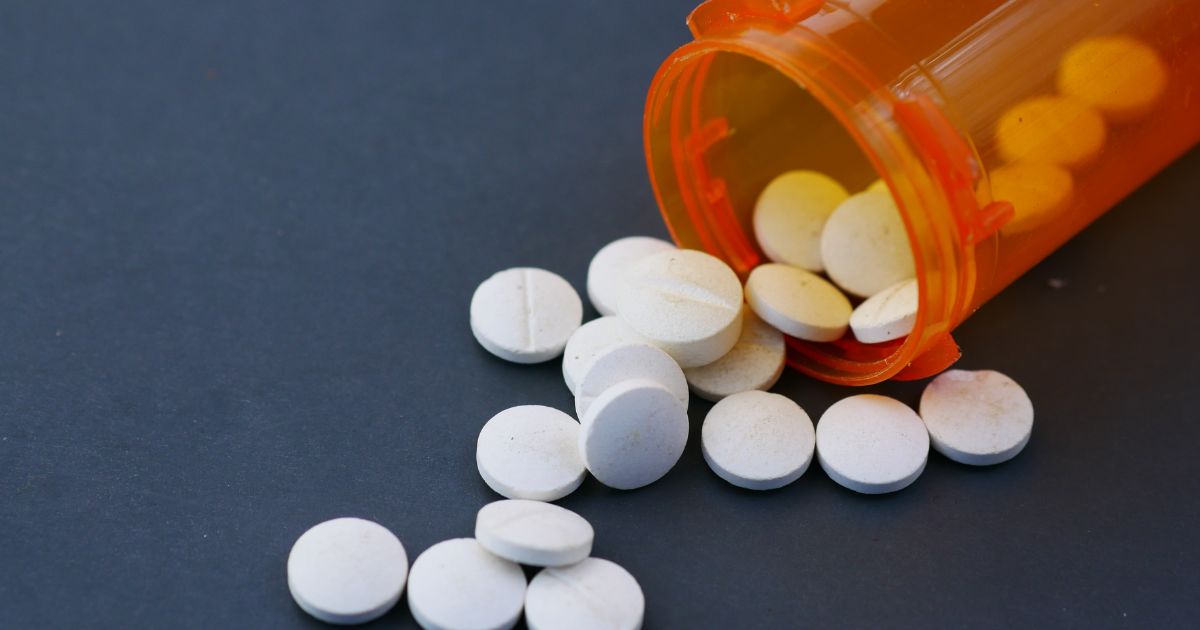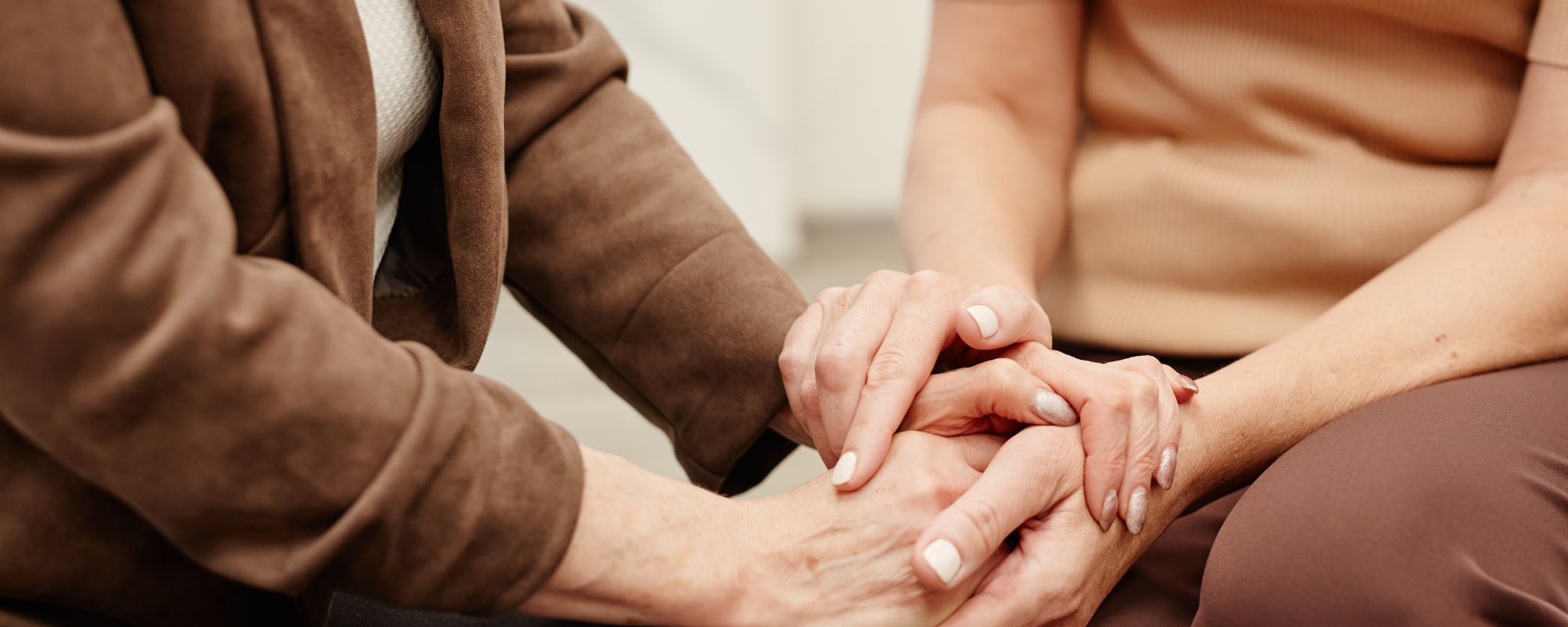Known as a rock god, blues guitarist Eric Clapton has successfully overcome his nasty alcohol and drug addiction. Despite his personal battles, he remains one of the most legendary musicians on today’s global touring circuit. Not only has Clapton been clean and sober for decades, but he’s also known to assist others who are overcoming addiction by auctioning off his expensive guitars.
Hailing from Surrey, England in 1945, Clapton was a shy kid who found stability in the blues. Proficient guitar skills at a young age led him to the Yardbirds in 1963 for two years. “Clapton is God” was often spray-painted on walls around the UK. He then formed Cream with Jack Bruce and Ginger Baker and released psychedelic hits, such as “Sunshine of Your Love,” “White Room” and “Crossroads.” It didn’t take long for Clapton to get lured into the drug-fueled industry. In his autobiography Clapton, the guitar god states that he spent about 8,000 pounds or roughly $16,000 a week on heroin. Rather than seeking drug addiction treatment, he was often confined to his home. Rarely did fans get to see the man perform onstage.
Eric Clapton Lost himself in Drug Addiction
Cream broke up in 1968, and Clapton played in other groups, like Blind Faith and Derek and the Dominos. He was an alcoholic and addicted to heroin by the time he began playing solo in 1970. It wasn’t long for his addictions to affect his career. Clapton passed out onstage during George Harrison’s Concert for Bangladesh in 1972. Even when he was strong enough for overcoming drug addiction, Clapton still had his battles with alcohol. He once had to perform a concert lying on his back, as he was too drunk to stand up and play. “It didn’t seem that outlandish to me, and in fact, probably was all I was capable of. It was either that or just laying down somewhere else,” he said to NRP Music in 2007. “The fact that I was laying down on stage means at least I showed up.”
“The situation was so dire, label boss Ahmet Ertegun tried to intervene. He didn’t want Eric to go down that road. But he did, he was already on the way,” explained Clapton’s Derek and the Dominos bandmate Bobby Whitlock to Nick Murray of Rolling Stone. “You can’t stop a junkie. Only death stops a junkie.” The statement turned out to be true, and the drug-induced Derek and the Dominos soon fell apart. The man was even suicidal until successfully overcoming drug addiction in the mid-Eighties.
“I thought there was something otherworldly about the whole culture of drinking, that being drunk made me a member of some strange, mysterious club,” Clapton said on “The Today Show.” “It wasn’t until I was quite a bit older that I finally did ask for help.”
Clapton Finds Addiction Treatment And Uses Sobriety to Further His Music
It took two decades for Eric Clapton to get successful drug addiction treatment and kick his nasty habits. At first, making memorable music without drugs and alcohol was challenging. Clapton felt like sobriety paralyzed his artistic creativity. Everything sounded too loud. Regardless, reestablished self-confidence and was able to continue playing the blues. In 1989, a sober Clapton released the critically acclaimed Journeyman, proving that the public still supports his music.
Ever since Clapton has been helping others overcome addiction. He even plays benefits for Alcoholics Anonymous groups. It is now 2016 and Clapton is done partying like a rock star. “I don’t think those big world tours are possible for me anymore, nor are they desirable, because there’s somewhere else I’d rather be — with my kids and my wife,” he told NRP Music. “The home life has a lot of power for me now, and it’s where I get most of my satisfaction.” Whether he was performing the blues in front of thousands or simply listening to vinyl at home, music served as the salvation for Eric Clapton to clean up, overcoming drug addiction, and look ahead to a bright future of sobriety.









